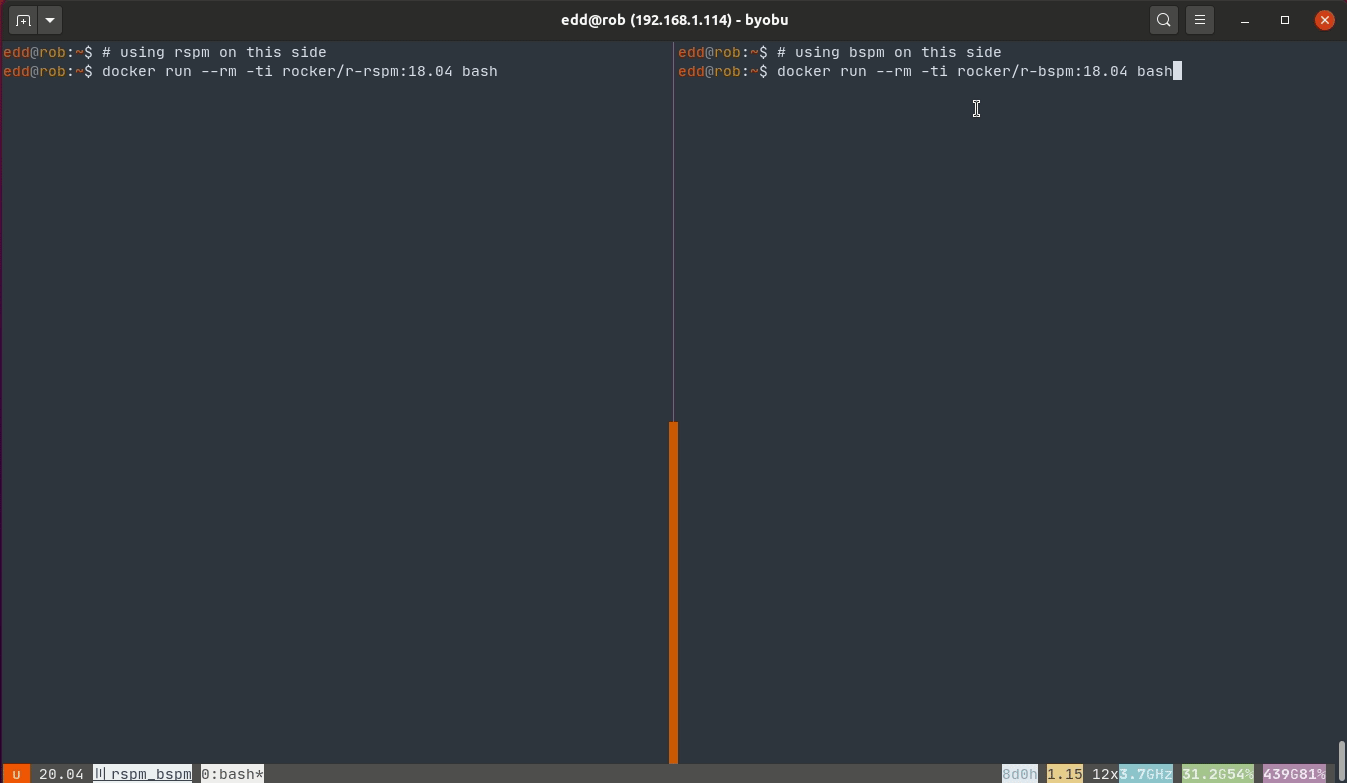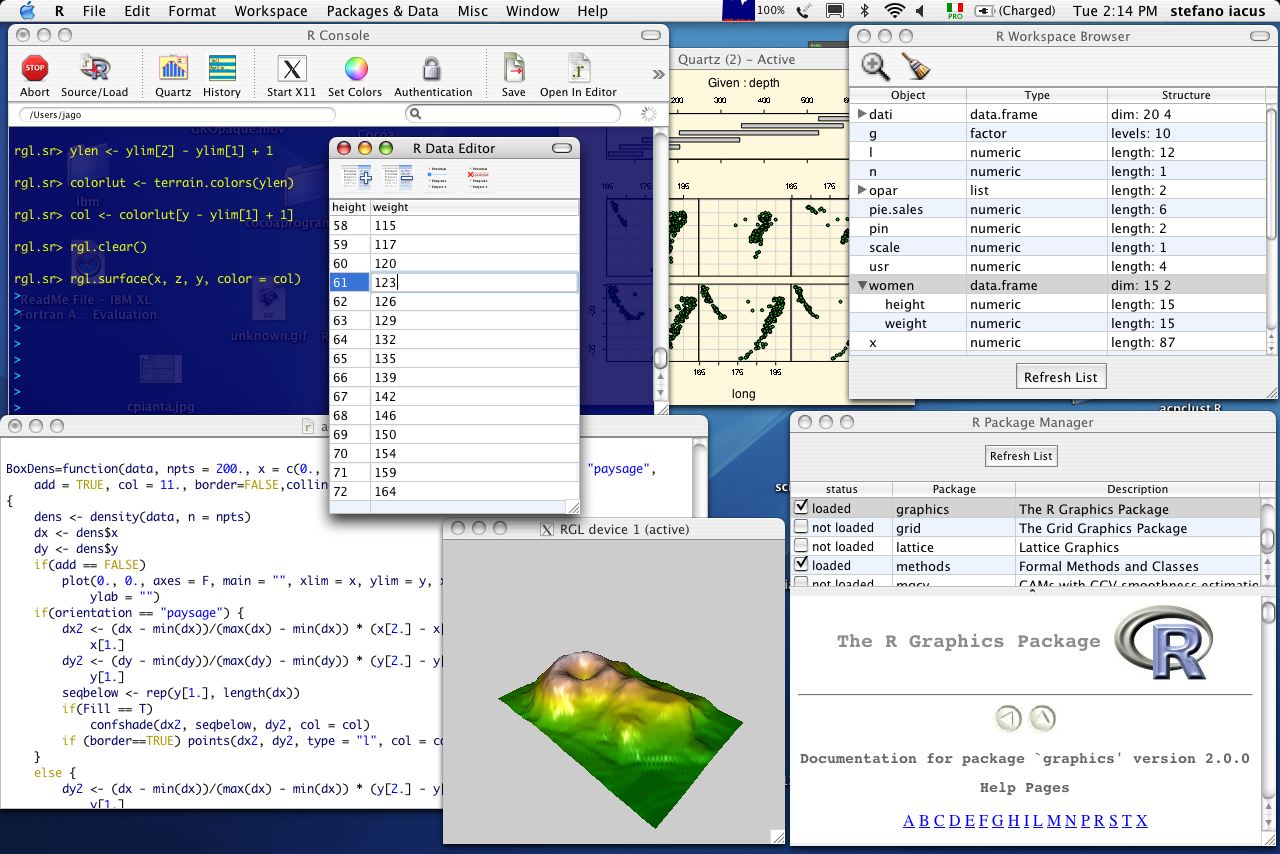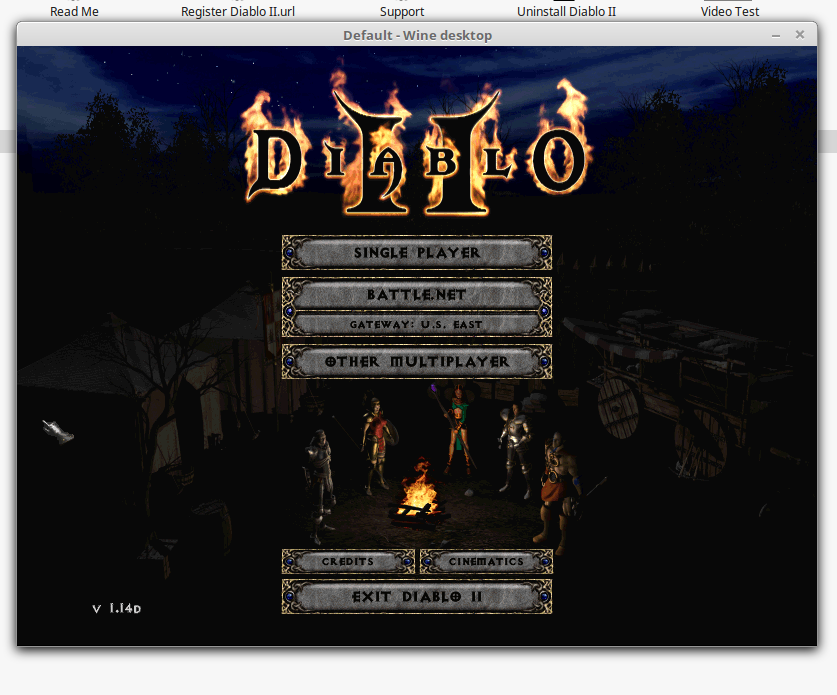R Studio 3.4.0 Download Mac
Using Bioconductor
The current release of Bioconductor is version3.12; it works with R version4.0.3. Users of older R andBioconductor must update their installation to take advantageof new features and to access packages that have been added toBioconductor since the last release.
- RStudio is a set of integrated tools designed to help you be more productive with R. It includes a console, syntax-highlighting editor that supports direct code execution, and a variety of robust tools for plotting, viewing history, debugging and managing your workspace.
- Download the ZIP archive of R-Studio Emergency, unzip it, and write files to a FAT32-formatted USB device. Please note that you cannot use this disk to start non-EFI computers (old Macs, for example), nor can you just copy those files to a CD/DVD disc to create an R-Studio Emergency startup disc.
To change the R version, click the Change button. Then you can switch between the default 32-bit R installation or the 64-bit R installation (if installed), or you can choose a specific version of R. (RStudio lists all the versions it can find.) If you click Browse, you can select the root directory for any R.
The development version of Bioconductor is version3.13; it works with R version4.1.0. More recent ‘devel’versions of R (if available) will be supported during the nextBioconductor release cycle.
Install the latest release of R, then get the latest version ofBioconductor by starting R and entering the commands
It may be possible to change the Bioconductor version of an existinginstallation; see the ‘Changing version’ section of the BiocManagervignette.
Details, including instructions toinstall additional packages and toupdate,find, andtroubleshoot are providedbelow. A devel version ofBioconductor is available. There are goodreasons for using BiocManager::install() formanaging Bioconductor resources.
Install R
- Download the most recent version of R. The R FAQs and the RInstallation and Administration Manual contain detailed instructionsfor installing R on various platforms (Linux, OS X, and Windows beingthe main ones).
Start the R program; on Windows and OS X, this will usually meandouble-clicking on the R application, on UNIX-like systems, type“R” at a shell prompt.
As a first step with R, start the R help browser by typing
help.start()in the R command window. For help on anyfunction, e.g. the “mean” function, type? mean.
[ Back to top ]
Install Bioconductor Packages
To install core packages, type the following in an R command window:
Install specific packages, e.g., “GenomicFeatures” and “AnnotationDbi”, with
The install() function (in the BiocManager package) has arguments that changeits default behavior; type ?install for further help.
For a more detailed explanation on using BiocManager and its advanced usage,such as version switching, please refer to theBiocManager vignette.
[ Back to top ]
Find Bioconductor Packages
Visit the software package listto discover available packages.
To search through available packages programmatically, use the following:
For example, using a “^org” search pattern will show all of the availableorganism annotation packages.
[ Back to top ]
Update Installed Bioconductor Packages
Bioconductor packages, especially those in the development branch, areupdated fairly regularly. To identify packages requiring update withinyour version of Bioconductor, start a new session of R and enter
Use the argument ask=FALSE to update old packages without beingprompted. Read the help page for ?install for additional details.
Upgrading installed Bioconductor packages
Some versions of R support more than one version of Bioconductor. Touse the latest version of Bioconductor for your version of R, enter
Remember that more recent versions of Bioconductor may be available if yourversion of R is out-of-date.
For more details on Bioconductor approaches to versioning, seethe advanced sectionin the vignette and version numbering in the developer reference section.
Recompiling installed Bioconductor packages
Rarely, underlying changes in the operating system require ALLinstalled packages to be recompiled for source (C or Fortran)compatibility. One way to address this might be to start a new Rsession and enter
As this will reinstall all currently installed packages, it likelyinvolves a significant amount of network bandwidth and compilationtime. All packages are implicitly updated, and the cumulative effectmight introduce wrinkles that disrupt your work flow. It also requiresthat you have the necessary compilers installed.

R Studio 3.4.0 Download Mac 10.10
[ Back to top ]
Troubleshoot Package Installations
Use the commands

to flag packages that are either out-of-date or too new for yourversion of Bioconductor. The output suggests ways to solve identifiedproblems, and the help page ?valid lists arguments influencingthe behavior of the function.
Troubleshoot BiocManager
One likely reason for BiocManager not working on your system couldbe that your version of R is too old for BiocManager. In orderavoid this issue, please ensure that you have the latest version of Rinstalled in your system. BiocManager supports R versions from 3.5.0and above.
[ Back to top ]
Why use BiocManager::install()?
BiocManager::install() is the recommended way to install Bioconductorpackages. There are several reasons for preferring this to the‘standard’ way in which R pacakges are installed viainstall.packages().
Bioconductor has a repository and release schedule that differs from R(Bioconductor has a ‘devel’ branch to which new packages and updatesare introduced, and a stable ‘release’ branch emitted once every 6months to which bug fixes but not new features are introduced).
A consequence of the mismatch between R and Bioconductor releaseschedules is that the Bioconductor version identified byinstall.packages() is sometimes not the most recent ‘release’available. For instance, an R minor version may be introduced somemonths before the next Bioc release. After the Bioc release the usersof the R minor version will be pointed to an out-of-date version ofBioconductor.
A consequence of the distinct ‘devel’ branch is thatinstall.packages() sometimes points only to the ‘release’repository, whereas Bioconductor developers and users wantingleading-edge features wish to access the Bioconductor ‘devel’repository. For instance, the Bioconductor 3.0 release is availablefor R.3.1.x, so Bioconductor developers and leading-edge users need tobe able to install the devel version of Bioconductor packages into thesame version (though perhaps different instance or at least librarylocation) of R that supports version 2.14 of Bioconductor.
An indirect consequence of Bioconductor’s structured release is thatpackages generally have more extensive dependencies with one another,both explicitly via the usual package mechanisms and implicitlybecause the repository, release structure, and Bioconductor communityinteractions favor re-use of data representations and analysisconcepts across packages. There is thus a higher premium on knowingthat packages are from the same release, and that all packages arecurrent within the release.
The BiocManager package serves as the primary way to ensure thatthe appropriate Bioconductor installation is used with respectto the version of R in use regardless of the R and Bioconductorrelease cycles.
The install() function is provided by BiocManager. This is awrapper around install.packages, but with the repository chosenaccording to the version of Bioconductor in use, rather than to theversion relevant at the time of the release of R.
install() also nudges users to remain current within a release, bydefault checking for out-of-date packages and asking if the user wouldlike to update
The BiocManager package provides facilities for switching to the‘devel’ version of Bioconductor
(at some points in the R / Bioconductor release cycle use of ‘devel’requires use of a different version of R itself, in which case theattempt to install devel fails with an appropriate message).
The BiocManager package also provides valid() to test that theinstalled packages are not a hodgepodge from different Bioconductorreleases (the ‘too new’ packages have been installed from sourcerather than a repository; regular users would seldom have these).
For users who spend a lot of time in Bioconductor, the featuresoutlined above become increasingly important and install() is muchpreferred to install.packages().
[ Back to top ]

Pre-configured Bioconductor
Bioconductor is also available as a set ofAmazon Machine Images (AMIs) andDocker images.
Legacy and Older R Versions
It is always recommended to update to the most current version of R andBioconductor. If this is not possible and R < 3.5.0 , please use the followingfor installing Bioconductor packages

To install core packages, type the following in an R command window:
Install specific packages, e.g., “GenomicFeatures” and “AnnotationDbi”, with
[ Back to top ]
This directory contains binaries for a base distribution and packages to run on Mac OS X (release 10.6 and above). Mac OS 8.6 to 9.2 (and Mac OS X 10.1) are no longer supported but you can find the last supported release of R for these systems (which is R 1.7.1) here. Releases for old Mac OS X systems (through Mac OS X 10.5) and PowerPC Macs can be found in the old directory.
Note: CRAN does not have Mac OS X systems and cannot check these binaries for viruses.Although we take precautions when assembling binaries, please use the normal precautions with downloaded executables.
Package binaries for R versions older than 3.2.0 are only available from the CRAN archive so users of such versions should adjust the CRAN mirror setting (https://cran-archive.r-project.org) accordingly.
R 4.0.3 'Bunny-Wunnies Freak Out' released on 2020/10/10
Please check the MD5 checksum of the downloaded image to ensure that it has not been tampered with or corrupted during the mirroring process. For example type
openssl sha1 R-4.0.3.pkg
in the Terminal application to print the SHA1 checksum for the R-4.0.3.pkg image. On Mac OS X 10.7 and later you can also validate the signature using
pkgutil --check-signature R-4.0.3.pkg
R 3.4.2 Download
Latest release:
| R-4.0.3.pkg (notarized and signed) SHA1-hash: 8402f586aef1fdb12c6e34c73b286f87318fb1be (ca. 85MB) | R 4.0.3 binary for macOS 10.13 (High Sierra) and higher, signed and notarized package. Contains R 4.0.3 framework, R.app GUI 1.73 in 64-bit for Intel Macs, Tcl/Tk 8.6.6 X11 libraries and Texinfo 6.7. The latter two components are optional and can be ommitted when choosing 'custom install', they are only needed if you want to use the tcltk R package or build package documentation from sources. Note: the use of X11 (including tcltk) requires XQuartz to be installed since it is no longer part of OS X. Always re-install XQuartz when upgrading your macOS to a new major version. Important: this release uses Xcode 10.1 and GNU Fortran 8.2. If you wish to compile R packages from sources, you will need to download and GNU Fortran 8.2 - see the tools directory. |
| NEWS (for Mac GUI) | News features and changes in the R.app Mac GUI |
| Mac-GUI-1.73.tar.gz SHA1-hash: 7f4b1d050757ce78545bdeb9d178a69d13046aa1 | Sources for the R.app GUI 1.73 for Mac OS X. This file is only needed if you want to join the development of the GUI, it is not intended for regular users. Read the INSTALL file for further instructions. |
Note: Previous R versions for El Capitan can be found in the el-capitan/base directory.Binaries for legacy OS X systems: | |
| R-3.6.3.nn.pkg (signed) SHA1-hash: c462c9b1f9b45d778f05b8d9aa25a9123b3557c4 (ca. 77MB) | R 3.6.3 binary for OS X 10.11 (El Capitan) and higher, signed package. Contains R 3.6.3 framework, R.app GUI 1.70 in 64-bit for Intel Macs, Tcl/Tk 8.6.6 X11 libraries and Texinfo 5.2. The latter two components are optional and can be ommitted when choosing 'custom install', they are only needed if you want to use the tcltk R package or build package documentation from sources. |
| R-3.3.3.pkg MD5-hash: 893ba010f303e666e19f86e4800f1fbf SHA1-hash: 5ae71b000b15805f95f38c08c45972d51ce3d027 (ca. 71MB) | R 3.3.3 binary for Mac OS X 10.9 (Mavericks) and higher, signed package. Contains R 3.3.3 framework, R.app GUI 1.69 in 64-bit for Intel Macs, Tcl/Tk 8.6.0 X11 libraries and Texinfo 5.2. The latter two components are optional and can be ommitted when choosing 'custom install', it is only needed if you want to use the tcltk R package or build package documentation from sources. Note: the use of X11 (including tcltk) requires XQuartz to be installed since it is no longer part of OS X. Always re-install XQuartz when upgrading your OS X to a new major version. |
| R-3.2.1-snowleopard.pkg MD5-hash: 58fe9d01314d9cb75ff80ccfb914fd65 SHA1-hash: be6e91db12bac22a324f0cb51c7efa9063ece0d0 (ca. 68MB) | R 3.2.1 legacy binary for Mac OS X 10.6 (Snow Leopard) - 10.8 (Mountain Lion), signed package. Contains R 3.2.1 framework, R.app GUI 1.66 in 64-bit for Intel Macs. This package contains the R framework, 64-bit GUI (R.app), Tcl/Tk 8.6.0 X11 libraries and Texinfop 5.2. GNU Fortran is NOT included (needed if you want to compile packages from sources that contain FORTRAN code) please see the tools directory. NOTE: the binary support for OS X before Mavericks is being phased out, we do not expect further releases! |
Subdirectories:
R-studio 4.0
| tools | Additional tools necessary for building R for Mac OS X: Universal GNU Fortran compiler for Mac OS X (see R for Mac tools page for details). |
| base | Binaries of R builds for macOS 10.13 or higher (High Sierra) |
| contrib | Binaries of package builds for macOS 10.13 or higher (High Sierra) |
| el-capitan | Binaries of package builds for OS X 10.11 or higher (El Capitan build) |
| mavericks | Binaries of package builds for Mac OS X 10.9 or higher (Mavericks build) |
| old | Previously released R versions for Mac OS X |
You may also want to read the R FAQ and R for Mac OS X FAQ. For discussion of Mac-related topics and reporting Mac-specific bugs, please use the R-SIG-Mac mailing list.
Information, tools and most recent daily builds of the R GUI, R-patched and R-devel can be found at http://mac.R-project.org/. Please visit that page especially during beta stages to help us test the Mac OS X binaries before final release!
Package maintainers should visit CRAN check summary page to see whether their package is compatible with the current build of R for Mac OS X.
Binary libraries for dependencies not present here are available from http://mac.R-project.org/libs and corresponding sources at http://mac.R-project.org/src.
Last modified: 2020/10/10, by Simon Urbanek

